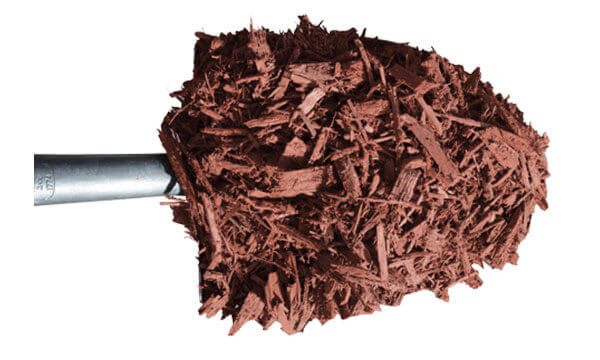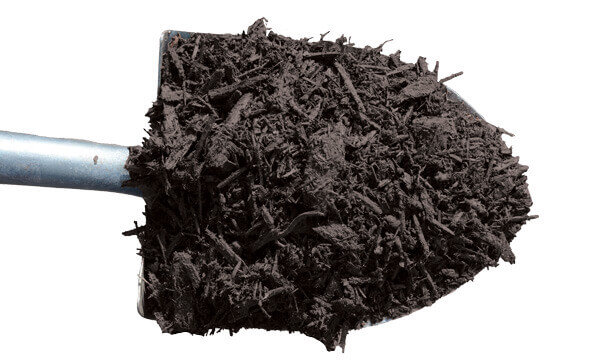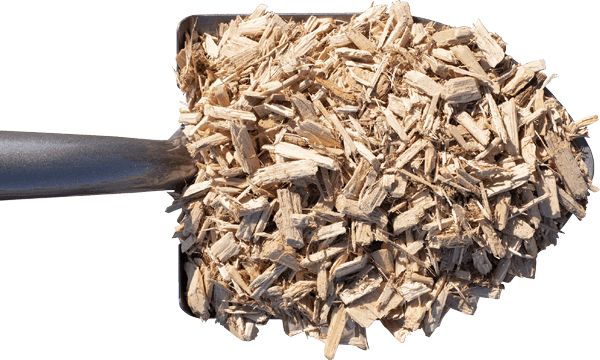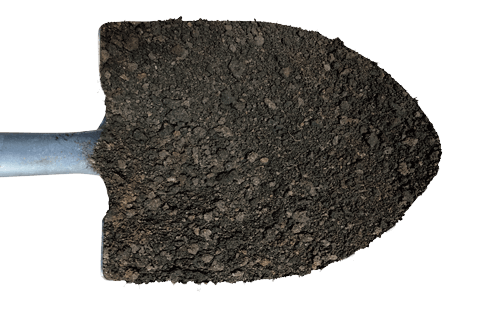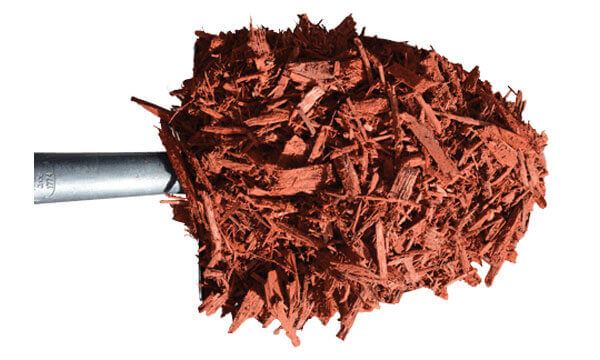Compost, the rich, earthy byproduct of decomposed organic matter, is a valuable soil amendment and much more. It’s fantastic for enriching gardens and boosting plant growth—think bigger veggies, brighter blooms, and lusher lawns. Plus, its potential extends beyond the traditional vegetable patch. Compost is the key to unlocking a thriving garden, naturally nourishing everything from flowers and fruit trees to the very soil itself. It’s not just good for your plants; it’s good for your whole garden, and that’s good for the planet.
Compost plays a crucial role in bioremediation, helping to clean up contaminated soil and water by using its microbial communities to break down certain types of pollutants, such as petroleum. This is particularly useful in industrial areas. Compost can be a powerful tool in disease suppression for both plants and animals, offering a more natural alternative to chemical treatments. The beneficial microbes in compost can outcompete harmful pathogens, promoting healthier growth and reducing the number of unhealthy plants needing treatment. These remarkable benefits highlight why incorporating compost into your own garden is an investment in both its health and the well-being of your plants.
Certain types of compost can even act as a natural pest control, attracting beneficial insects like ladybugs and spiders that prey on garden pests. This reduces reliance on chemical pesticides and contributes to a more balanced ecosystem. Air quality can also be positively impacted by compost. By improving soil structure and promoting healthy plant growth, compost helps to reduce dust and other airborne pollutants, contributing to cleaner air in our communities. These natural pest control and air-quality benefits make composting a simple yet effective way to care for your garden and your environment.
Beyond environmental cleanup, disease control, and natural pest control, compost offers surprising benefits for water conservation. Its ability to improve soil structure and water-holding capacity means less frequent watering is required, a significant advantage in drought-prone regions. This water retention also benefits plants by providing a more consistent moisture supply. So, whether you’re battling drought or simply want to water less, you can discover how compost can transform your garden into a thriving oasis.
The Shakopee Mdewakanton Sioux Community’s Organics Recycling Facility exemplifies the potential of large-scale composting operations. By accepting a wide range of organic materials, from yard waste to food scraps, we transform what would otherwise be waste into a valuable resource. The compost produced at facilities like ours isn’t just used for our own landscaping needs; it’s available to the public for purchase, further extending the benefits of composting. The closed-loop system, where organic waste is collected, processed, and then reused, demonstrates our commitment to sustainability and resource management.
Compost is a versatile tool with applications in your garden and beyond. From environmental remediation to pest control and water conservation, its potential is constantly being explored. By supporting local composting initiatives and utilizing compost in our own lives, we can contribute to a healthier environment and a more sustainable future. The innovative uses of compost remind us that what we often consider waste can be transformed into a valuable resource with far-reaching positive impacts.

